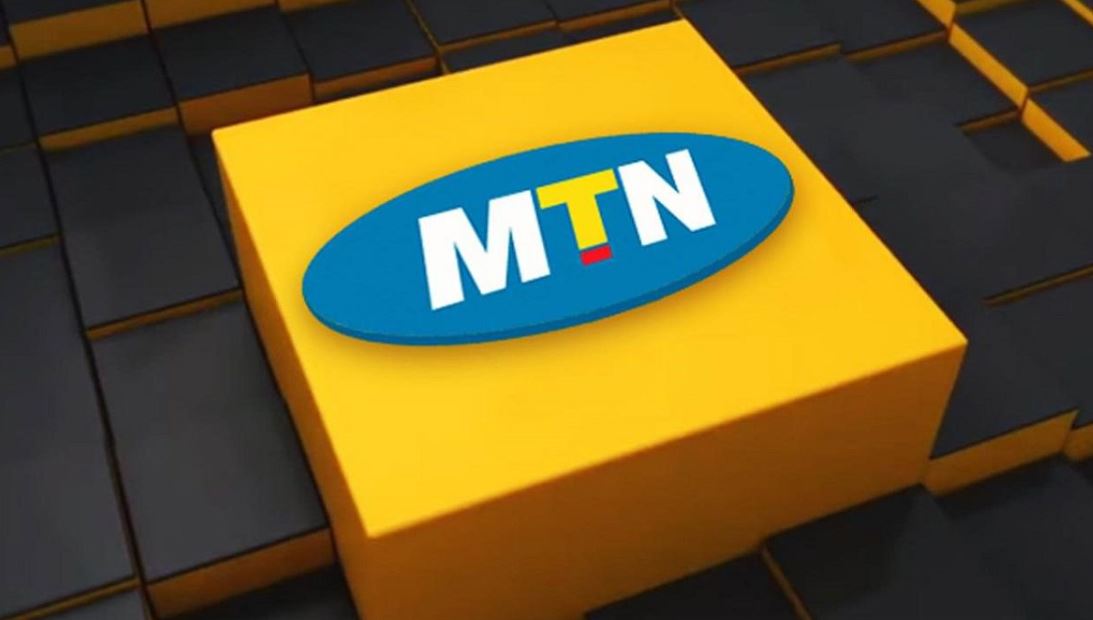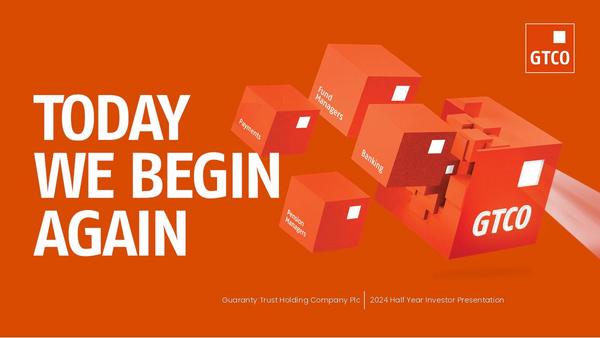For over 12 years, Rack Centre, a Nigerian-owned company, has been the backbone of the country’s digital infrastructure. As Nigeria’s tech scene continues to boom, the need for secure and efficient data storage is more pressing than ever. Rising to meet this demand, Rack Centre just pulled off a major milestone: the launch of its brand-new LGS2 facility, the largest data centre in both Lagos and Nigeria.
Techpression Media covered the event on April 10.
The LGS2 facility, a towering testament to innovation, multiplies Rack Centre’s capacity eightfold, catapulting Nigeria into the spotlight as a potential hub for data management in West Africa. This 6,000-square-metre facility, boasting a 13.5 MW IT load, is set to transform connectivity and support businesses across the region. With a $250 million investment backing this pan-African vision, courtesy of Actis and Convergence Partners, Rack Centre is not just expanding space—it’s redefining possibilities.
Related News: Rack Centre doubles down on AI and sustainability with new Lagos 2 facility
The LGS2 site is protected by 10 layers of physical security—from biometric access to round-the-clock CCTV—certified to ISO 27001 standards. The company’s shift toward solar power, with panels soon to crown the facility, aligns with global green tech trends. “It’s about managing power smartly in a resource-scarce environment,” Rack Centre CEO, Lars Johannisson, said.
Rack Centre’s customer base and future
Serving giants like banks, ISPs, and cloud adopters, Rack Centre’s carrier-neutral stance fosters a vibrant ecosystem of interconnectivity.
The commissioning also signaled Rack Centre’s ambition to lead West Africa’s digital transformation, with LGS2 halving data transfer latency to Europe and the USA, a feat poised to lure global players to Lagos.
Nigeria’s data boom and power solutions
At the event, Rack Centre’s founder and chairman, Maher Jarmakani, tackled one of Nigeria’s most pressing challenges: power. He revealed that Rack Centre alone consumes 12MW, a significant chunk of the estimated 50–100 MW total capacity for data centres across the country.
Still, Maher remains optimistic. He sees improvements in Nigeria’s grid, gas supply, and substations as opportunities to build a scalable and robust data centre industry. With over 200 million people and 50 percent internet penetration, the demand for cloud services, telecoms, and streaming is only growing.
Related Post: Raxio secures $100 million from IFC to build data centres in Sub-Saharan Africa
”Currently, there are 16 in Nigeria. He emphasizes the importance of reliable power and cooling for these centres and notes that while the structures are physical, the internal technologies will continue to evolve,” says Maher Jarmakani.
He also reassured both businesses and the public that all data stored at Rack Centre is securely encrypted and protected under Nigerian law.
How Rack Centre is redefining data in Nigeria
Since 2013, Rack Centre has solidified its status as a business-to-business powerhouse, a narrative enriched by CEO Johannisson. He described data as “the new crude oil,” a resource Rack Centre manages with precision for over 138 million Nigerian internet users. The LGS2 launch marks the next chapter. Techpression noted the facility’s 7,200 square meters of lettable space and its hyperscale design, aligning with reports from Data Center Dynamics about a related 12 MW project groundbreaking.
At the launch, Johannisson made it clear: Rack Centre is not hopping off to South Africa; rather, it is committed to building Nigeria’s digital future, he said.









